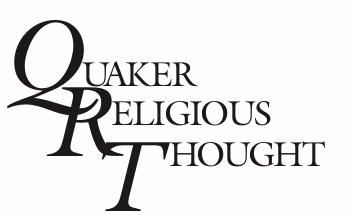
Abstract
In our day, at least among what passes as urbane and polite company, anything short of an enthusiastic affirmation of the full range of religious expression, including none, as anything other than the manifestation of an enriching difference, and as the enlightened antidote to any suggestion that some religion is true to the exclusion of others, means that one risks being stained with the dirtiest of modernist sobriquets: that of being a “fundamentalist”! In fact, this litmus test of liberality, dividing the drive toward acidic ethnoscleansing in the name of universal reason,1 on the one hand, from the base, parochial mythos of ein Volk, in the name of simple common sense, on the other, separates, from both sides, “us” against “them.” Anyone who has travelled widely among Friends, weaving their vine through our various branches, would be hard pressed to imagine that we do much if anything more than simply reproduce this dichotomy among ourselves, across which we, too, are polarized and, it seems to me, paralyzed—at least insofar as we might hope to think beyond our particular ideological boxes, insofar, that is, as we might hope to think.
Recommended Citation
Dudiak, Jeffrey
(2017)
"The Wordless Mystical and the Spirituality of Belief,"
Quaker Religious Thought: Vol. 129, Article 5.
Available at:
https://digitalcommons.georgefox.edu/qrt/vol129/iss1/5
